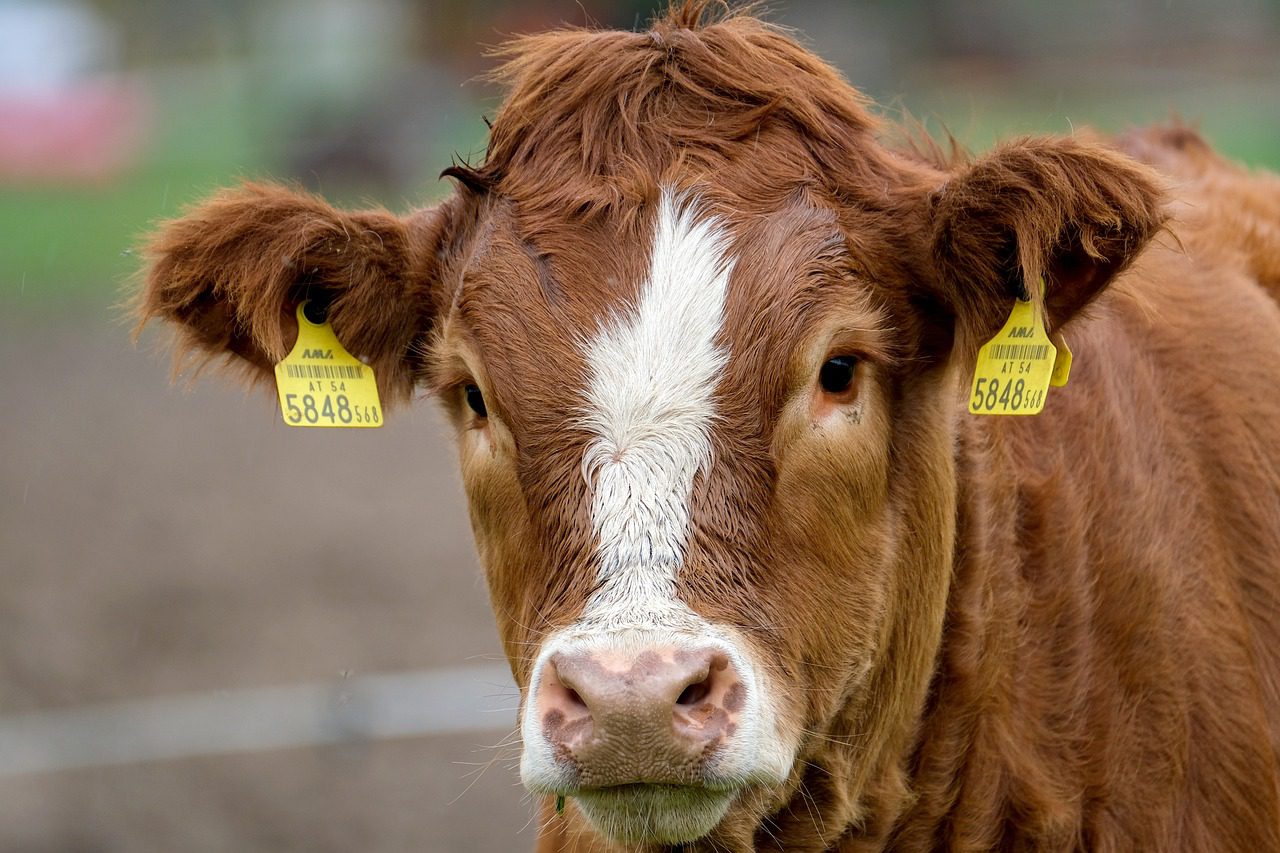Modified live vaccine protects against bovine anaplasmosis
Bovine anaplasmosis caused by Anaplasma marginale is an economically important tick-borne disease of cattle in tropical and subtropical regions throughout the world. Killed vaccines have been used for control of this disease with limited success.
To create a novel vaccine, a team led by Roman Ganta genetically modified A. marginale by targeted gene deletion method. In a study published in Vaccine, they report that this modified vaccine protects cattle against acute tick-transmitted anaplasmosis. Previous studies had demonstrated protection in animals challenge-exposed with infected blood.
The new vaccine has been proven to give immunized cattle protection against bovine anaplasmosis for at least a month, and Ganta and his team plan to conduct additional research to determine how long the genetically modified pathogen can provide immunity for cattle. Future investigations will also assess the utility of this vaccine in preventing the disease from diverse pathogen strains circulating in cattle worldwide.
The vaccine, which is patented, is not currently commercially available. Ganta is collaborating with industry partners to discuss future distribution.
Article: Ferm, J., Jaworski, D. C., Stoll, I., Kleinhenz, M. D., Kocan, K. M., Madesh, S., Ferm, D., Liu, H., Fitzwater, S., Schlieper, A., Ganta, R. R. (2024). Genetically modified live vaccine offers protective immunity against wild-type Anaplasma marginale tick-transmission challenge. Vaccine, 42(24), 126069, https://doi.org/10.1016/j.vaccine.2024.06.036
For further information, see: MizzouForward article
Help build the STAR IDAZ community.
Share reports and updates on social channels.

